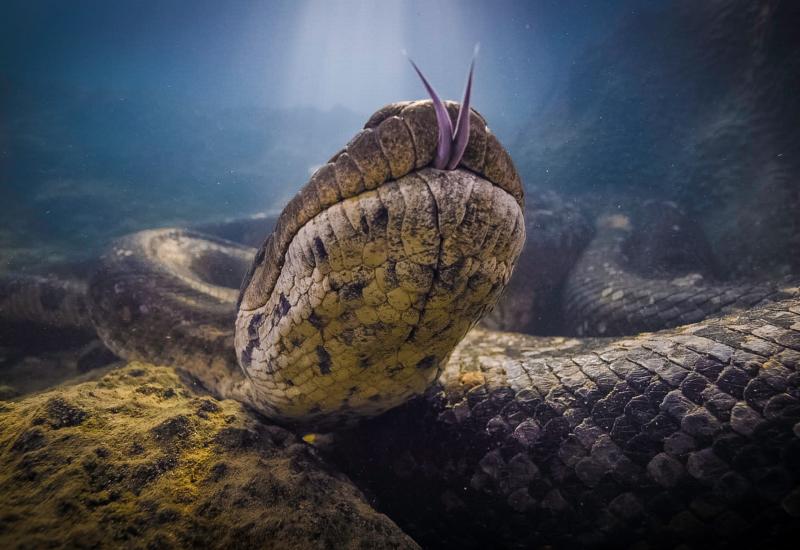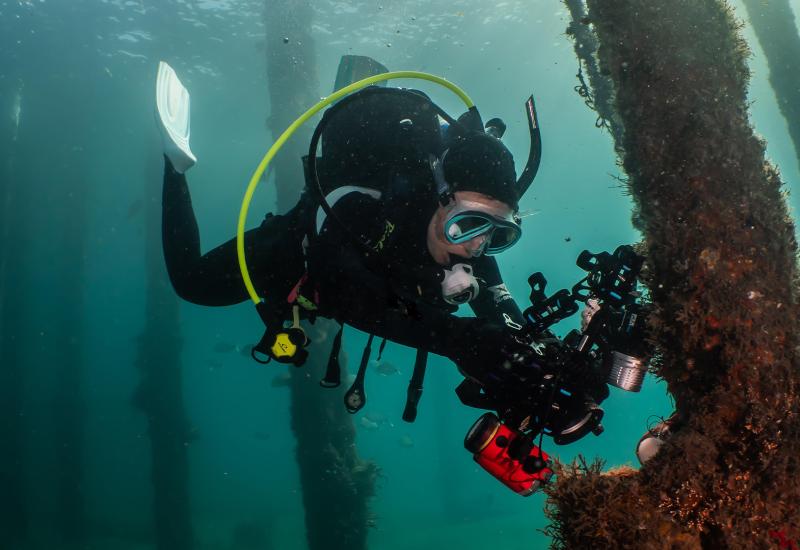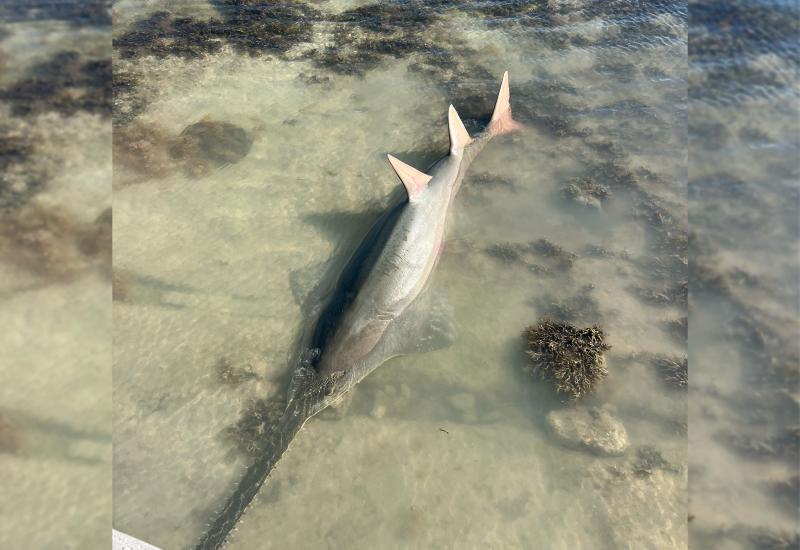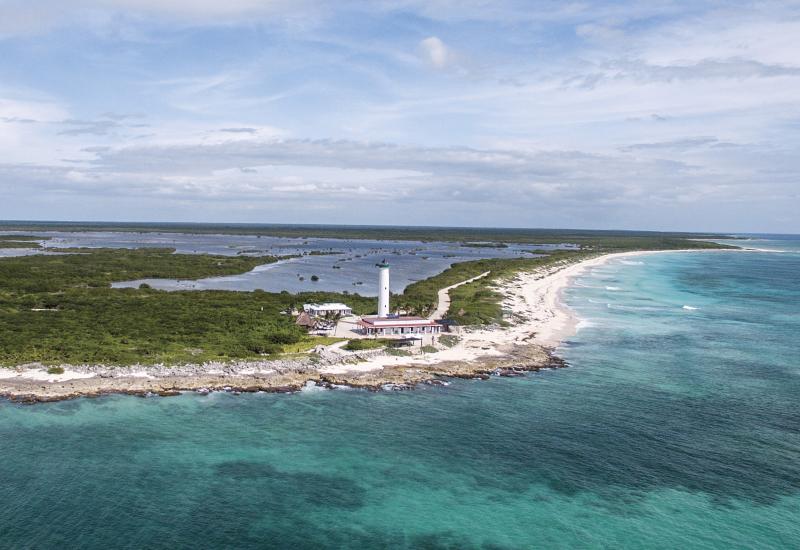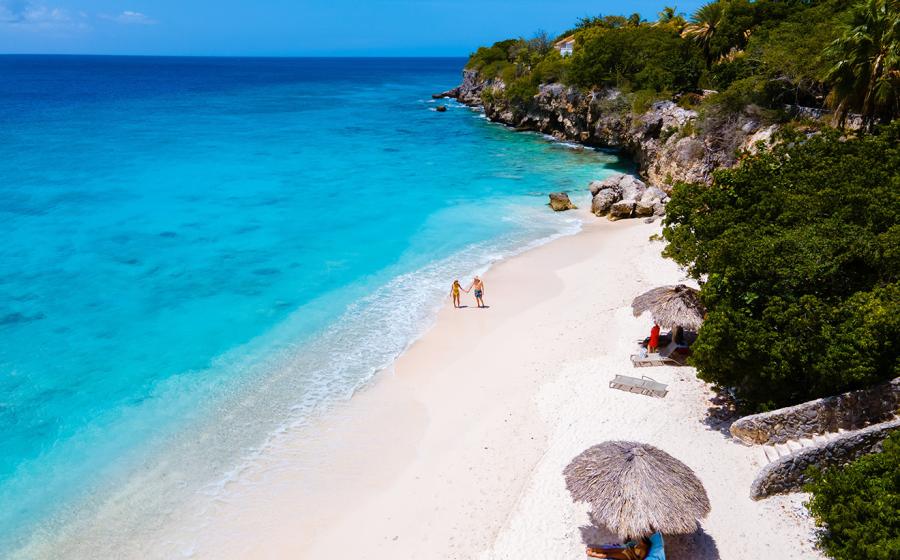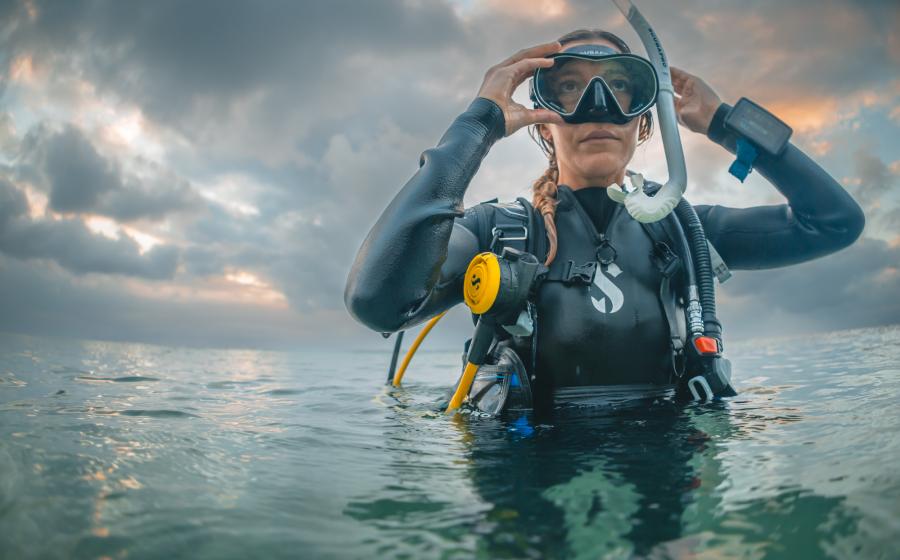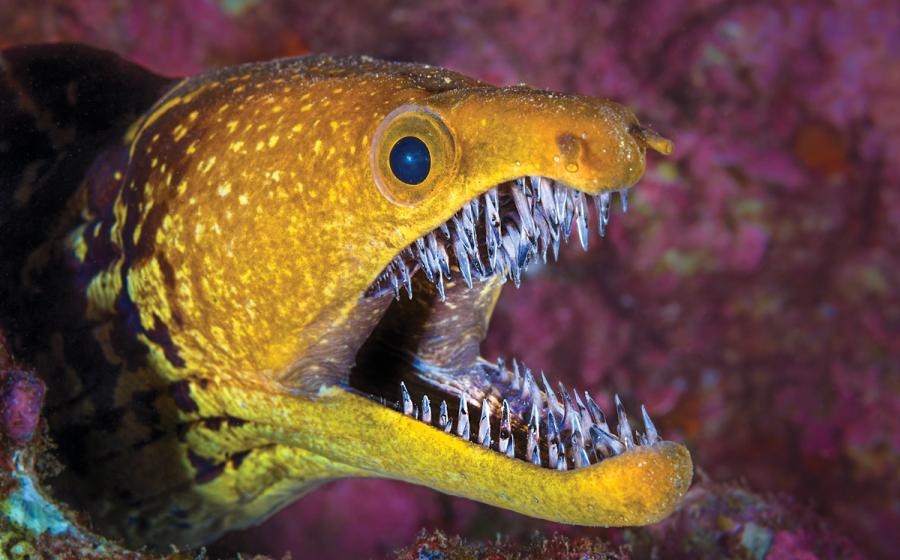Two New Artificial Reefs Created Off Jacksonville
Two shipwrecks have been sunk off the coast of Jacksonville, Florida, to create artificial reefs for divers and anglers.
The ships, which are each over 100 feet long, were sunk earlier this month in Harm’s Ledge, an artificial reef permit zone. They sit in about 90 feet of seawater, with the highest points of the vessels around 60 feet below the surface. Divers will likely need at least an Advanced Open Water certification to dive them.
One of the vessels, named the Jimmy Dales Reef, is a retired Navy tugboat with a massive propeller that measures 12 feet in diameter. The other is a custom sailboat that was never built to completion. This shipwreck is named the Greater Jax Kingfish Reef. They were intentionally scuttled nearby the Spike tugboat, which was the last artificial reef to be sunk. It went down in 2009 and has since become a flourishing ecosystem with a thick coral covering and plenty of marine life.
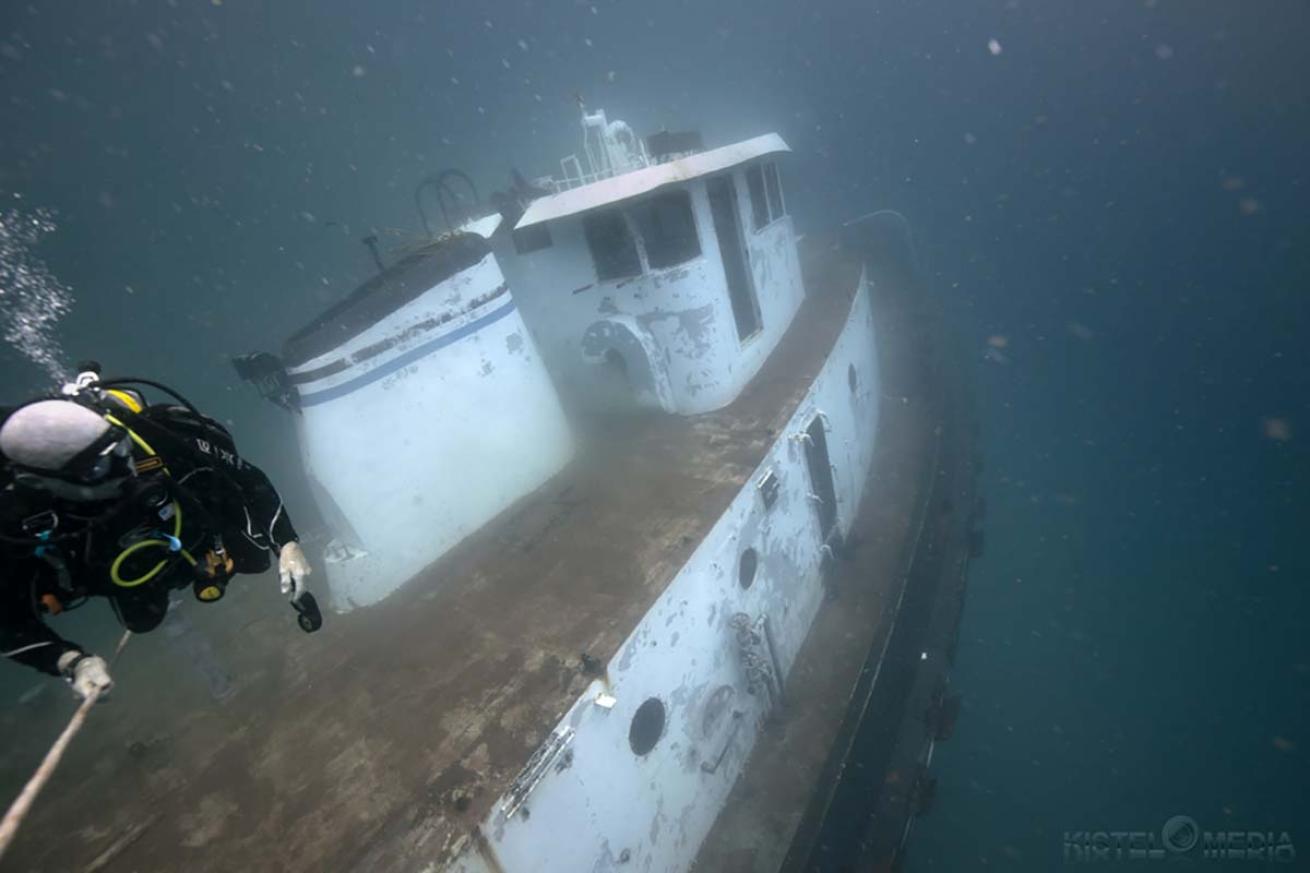
Kistel MediaThe Jimmy Dales Reef heads to her final resting place.
The artificial reef project was funded with support from the Jacksonville marine tourism and conservation community, with large contributions from Mobro Marine, Jacksonville Marine Charities, Greenland Biomass, the North Florida Marine Association and many individual donors.
From start to scuttle, the project took over two years to plan and execute. Before sinking, the vessels were prepped to ensure they were environmentally friendly and wouldn’t leach any toxins into the ocean. Now, they’ll serve as a structure for coral reefs to grow on and for divers to explore, giving the ships a new life.
“Artificial reefs provide homes for a diversity of commercially and recreationally important fish species,” according to the National Oceanic and Atmospheric Administration.
NOAA’s National Centers for Coastal Ocean Science, which has studied the ecological function of artificial reefs, found that ships and other purpose-sunk structures can provide valuable habitats for many marine species, from corals, invertebrates and small reef fish to top predators like sharks.

